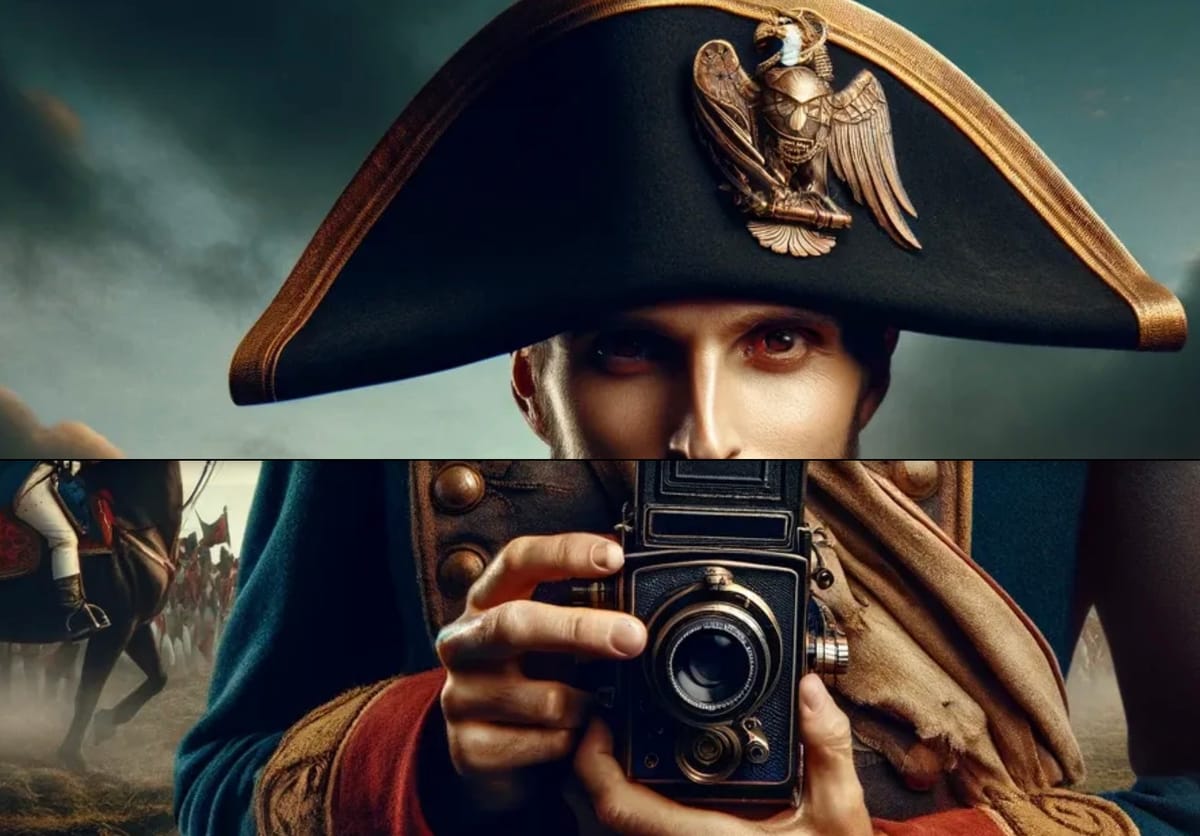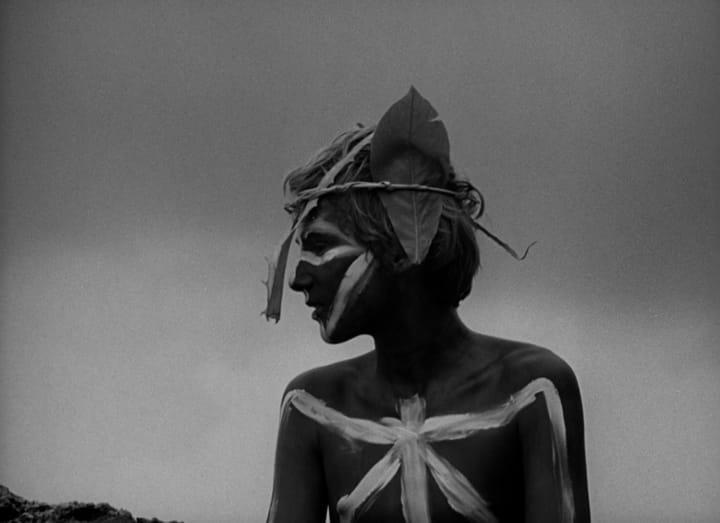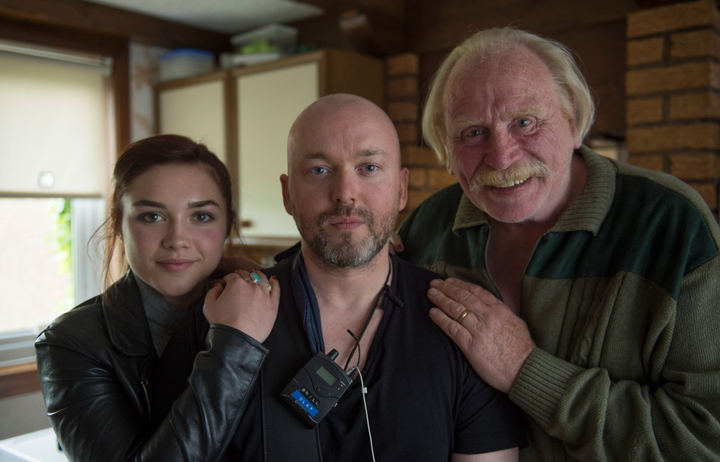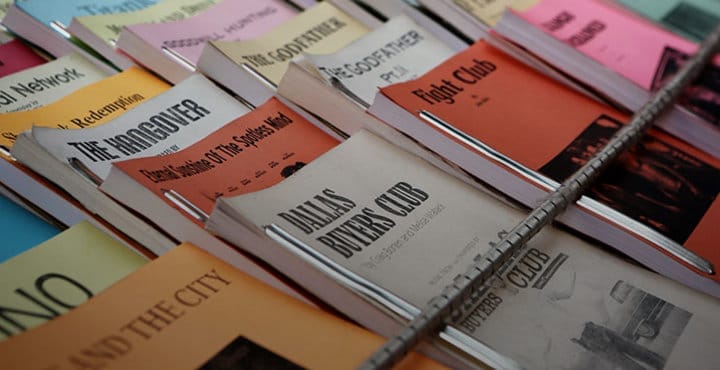The Importance Of Starting Your Film With Silence
Recently, I had the opportunity to view two films: "Napoleon" and "Ferrari," wanted to share a brief thought about the importance of using symbolism and metaphors in filmmaking.

Let's delve into the importance of commencing a cinematic story with a touch of silence. Please keep in mind that what follows is solely based on personal opinion, but it's worth mentioning nonetheless.
Recently, I had the opportunity to view two films: "Napoleon" and "Ferrari." I won't delve into a detailed comparison between these two films but I just want to focus on the importance of starting your story with silence. When I say silence, I don't mean that literally, but the aim is to invite the audience into your world.
I have a deep appreciation for metaphors and symbolism in filmmaking. and I never get tired of emphasizing importance of aligning these two magical concepts together. In baby language, metaphors and symbolism, when put into practice come across as longer edits, longer shots, more silence - without becoming annoying or trying to pull off an artistic getaway. The aim of using these magical concepts is to allow the audience to enter your world, and more importantly, see if we can invite them to form a question in their mind about what they are looking at. It's then when we 'get' them. This is a subtle art and requires that you do your homework about your film, about your story. Get to know the theme of your project, and start drawing out any kind of symbols you see around your story.
If your story was an item known in many cultures, what item would it be?
"Napoleon" uses metaphor and symbolism and silence to draw us in. Whereas "Ferrari," in the first 15 minutes is convoluted, chaotic, attempting to convey an excessive amount of information too quickly. An abundance of dialogue, action, tears, and emotion, which, in my opinion, is a fundamental misstep. How can we truly connect with a character when we haven't had the chance to immerse ourselves in their world?



Comments ()